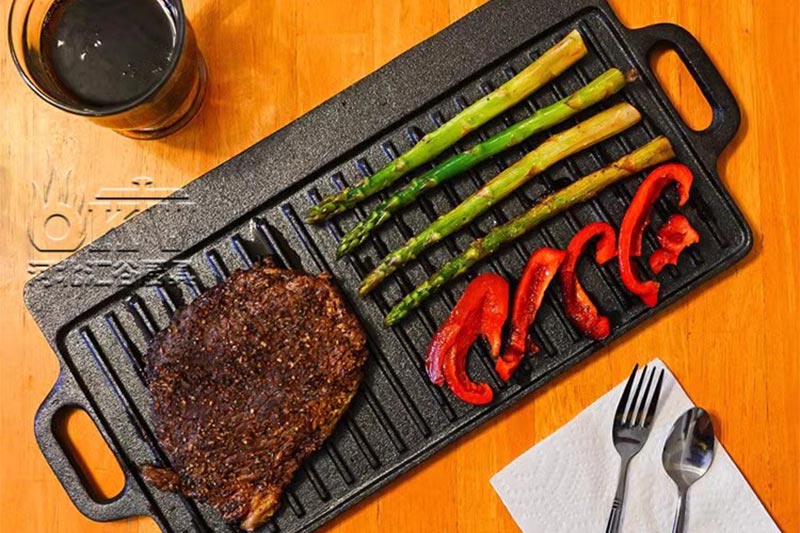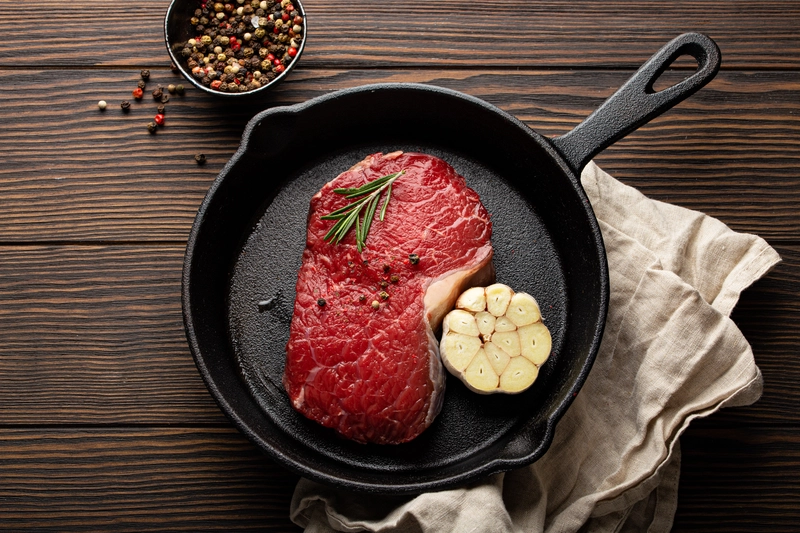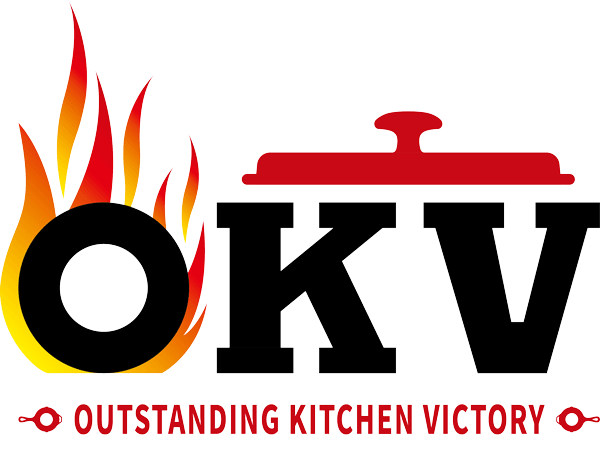

Choosing the Right Cookware for Your Kitchen
1. Why Cookware Matters
The right cookware is essential for several reasons:
- Cooking Performance: High-quality cookware ensures even heat distribution, preventing hot spots and uneven cooking.
- Durability: Investing in durable cookware means fewer replacements and long-term cost savings.
- Health and Safety: Choosing non-toxic, food-safe materials is crucial for your health.
- Aesthetic Appeal: Cookware can enhance the overall look of your kitchen, especially if you have an open shelving design.
2. Understanding Different Cookware Materials
Each cookware material has unique properties that make it suitable for specific tasks. Here’s a breakdown of the most common materials:
a. Stainless Steel
Pros:
- Durable and resistant to rust and corrosion.
- Excellent for browning, searing, and deglazing.
- Dishwasher-safe and easy to maintain.
Cons:
- Poor heat conductivity unless combined with an aluminum or copper core.
- Can cause food to stick if not used properly.
Best For:
General-purpose cooking, sautéing, and boiling.
b. Cast Iron
Pros:
- Retains heat exceptionally well, making it ideal for slow cooking.
- Naturally non-stick when seasoned correctly.
- Adds a rustic charm to your kitchen.
Cons:
- Heavy and requires maintenance to prevent rust.
- Not dishwasher-safe.
Best For:
Grilling, frying, and baking (e.g., cornbread or casseroles).
c. Non-Stick Cookware
Pros:
- Easy to clean and requires less oil for cooking.
- Ideal for delicate foods like eggs and pancakes.
Cons:
- Coating can wear off over time if not cared for properly.
- Not suitable for high-heat cooking.
Best For:
Low-fat cooking, breakfast items, and quick sautéing.
d. Aluminum
Pros:
- Lightweight and highly conductive, heating up quickly.
- Often anodized for durability and scratch resistance.
Cons:
- Prone to warping under high heat.
- Can react with acidic foods unless coated.
Best For:
Baking and lightweight cookware needs.
e. Copper
Pros:
- Superior heat conductivity for precise temperature control.
- Aesthetic appeal with its classic, shiny finish.
Cons:
- Expensive and requires regular polishing.
- Can react with certain foods unless lined.
Best For:
Sauces, candies, and temperature-sensitive recipes.
3. Types of Cookware and Their Uses
Your choice of cookware also depends on the types of dishes you regularly prepare. Here are the essential types of cookware and their uses:
a. Frying Pans/Skillets
- Great for searing, frying, and sautéing.
- Available in non-stick, stainless steel, and cast iron options.
b. Sauce Pans
- Perfect for boiling, simmering, and making sauces.
- Comes in various sizes with a lid for heat retention.
c. Stockpots
- Essential for soups, stews, and large batches of pasta.
- Look for models with thick bottoms for even heating.
d. Baking Pans
- Used for cakes, bread, and casseroles.
- Opt for non-stick or silicone-coated versions for easy release.
e. Griddle Pans
- Ideal for grilling meats, vegetables, and sandwiches indoors.
- Often made from cast iron or aluminum.
f. Dutch Ovens
- Heavy-duty pots suitable for slow-cooked dishes and baking.
- Cast iron varieties are especially popular.
4. Factors to Consider When Choosing Cookware
Before purchasing cookware, keep the following factors in mind:
a. Cooking Style
Think about the dishes you prepare most often. For example, if you enjoy stir-frying, a wok might be essential.
b. Compatibility with Cooktop
Ensure your cookware works with your cooktop type (gas, induction, or electric). Induction cooktops, for instance, require magnetic materials like stainless steel or cast iron.
c. Ease of Cleaning
Non-stick cookware is easier to clean, while stainless steel may require more effort to remove stubborn stains.
d. Storage Space
Consider the size and number of pieces in relation to your available kitchen storage. Stackable cookware can save space.
e. Budget
Set a realistic budget and prioritize quality over quantity. A few high-quality pieces are better than an extensive collection of low-grade cookware.
5. Tips for Maintaining Your Cookware
Proper care ensures that your cookware lasts longer and performs better. Here are some maintenance tips:
- Non-Stick Cookware: Avoid metal utensils and high heat. Handwash with a soft sponge.
- Cast Iron: Season regularly with oil and avoid soaking in water.
- Stainless Steel: Use baking soda or vinegar to remove tough stains.
- Copper Cookware: Polish periodically to maintain its shine.
6. Why Choose Our Cookware?
At [Your Company Name], we pride ourselves on providing premium-quality cookware that meets diverse kitchen needs. Here’s why our cookware stands out:
- Superior Quality: Made from durable, food-safe materials.
- Innovative Designs: Tailored for both aesthetics and functionality.
- Wide Range: From baking pans to stockpots, we have it all.
- Eco-Friendly Manufacturing: We use sustainable processes and materials.
- Customizable Options: We offer OEM/ODM services to suit your brand’s needs.
7. Conclusion
Choosing the right cookware is an investment in your culinary success. By understanding the materials, types, and features, you can select pieces that complement your cooking style and enhance your kitchen’s functionality. Whether you’re looking for versatile frying pans, durable stockpots, or specialized baking pans, our comprehensive range of cookware has you covered.
Visit our website or contact us today to explore our premium cookware collections and transform your cooking experience!
Latest News


